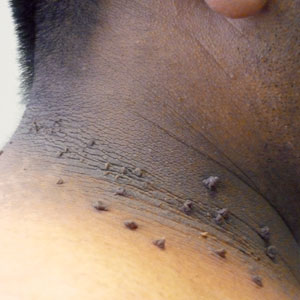Skin tags, also known as acrochordons in the medical community, are small growths that typically manifest in areas of the body where skin constantly comes into contact with other skin or clothing.
According to experts at Cleveland Clinic, though they are harmless and rarely cause any symptoms, many people prefer to have them removed for beauty or medical reasons.
Some skin tag removal methods can be done safely at home, but knowing when to call in a professional is important.
Step 1: Identify the skin tag
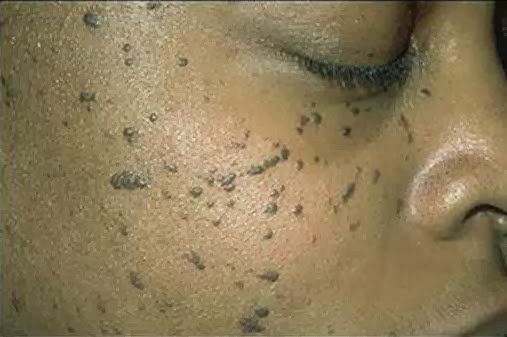
Make sure the growth is a skin tag before trying to remove it.
Skin tags are soft growths that can be smaller than half an inch in diameter and usually protrude from the skin by a slender stalk.
High-friction areas like the neck, armpits, under the breasts, and the groin are common places for them to manifest.
Although skin tags are completely harmless, experts at online platform Healthline note that being able to distinguish them from other skin problems like moles or warts might help you choose the most appropriate therapy. So, see a dermatologist for an expert opinion.
Step 2: Over-the-counter skin tag removal kits
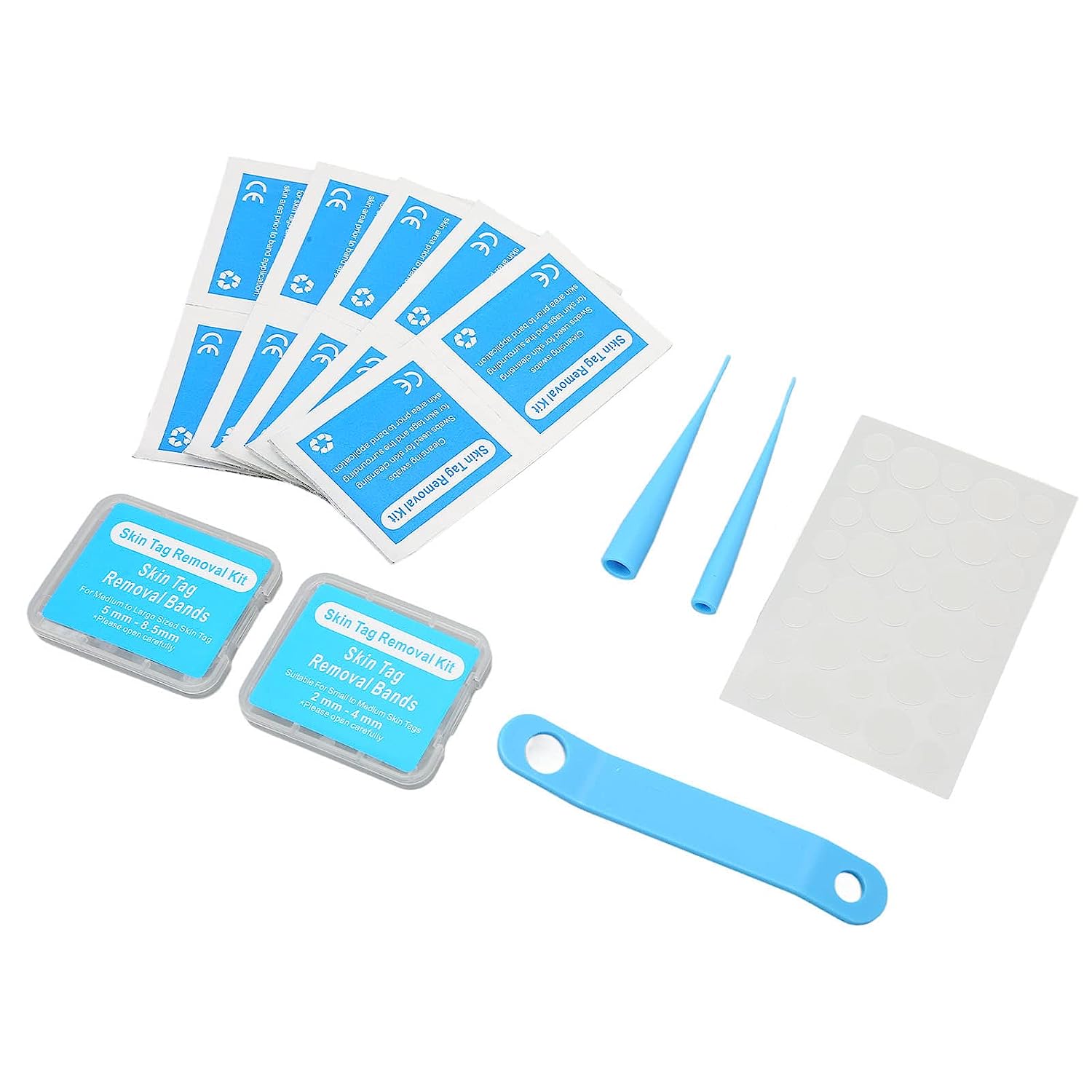
According to Healthline, there are a variety of over-the-counter (OTC) products for removing skin tags, and most of them use a freezing procedure similar to the cryotherapy used by medical specialists. The skin tag is frozen using liquid nitrogen, which causes it to dry out and come off. To avoid skin irritation, use the product exactly as directed.
Step 3: Home remedies

To get rid of skin tags, some opt for the more natural route. Tea tree oil is often used as a common treatment, experts at Mayo Clinic say.
After properly disinfecting the area, you can try rubbing a cotton ball soaked in tea tree oil on the skin tag two or three times a day until the growth dries up and falls off. It could take a few weeks for this to finish. Although tea tree oil has a high safety profile, it should be avoided if it causes skin irritation.
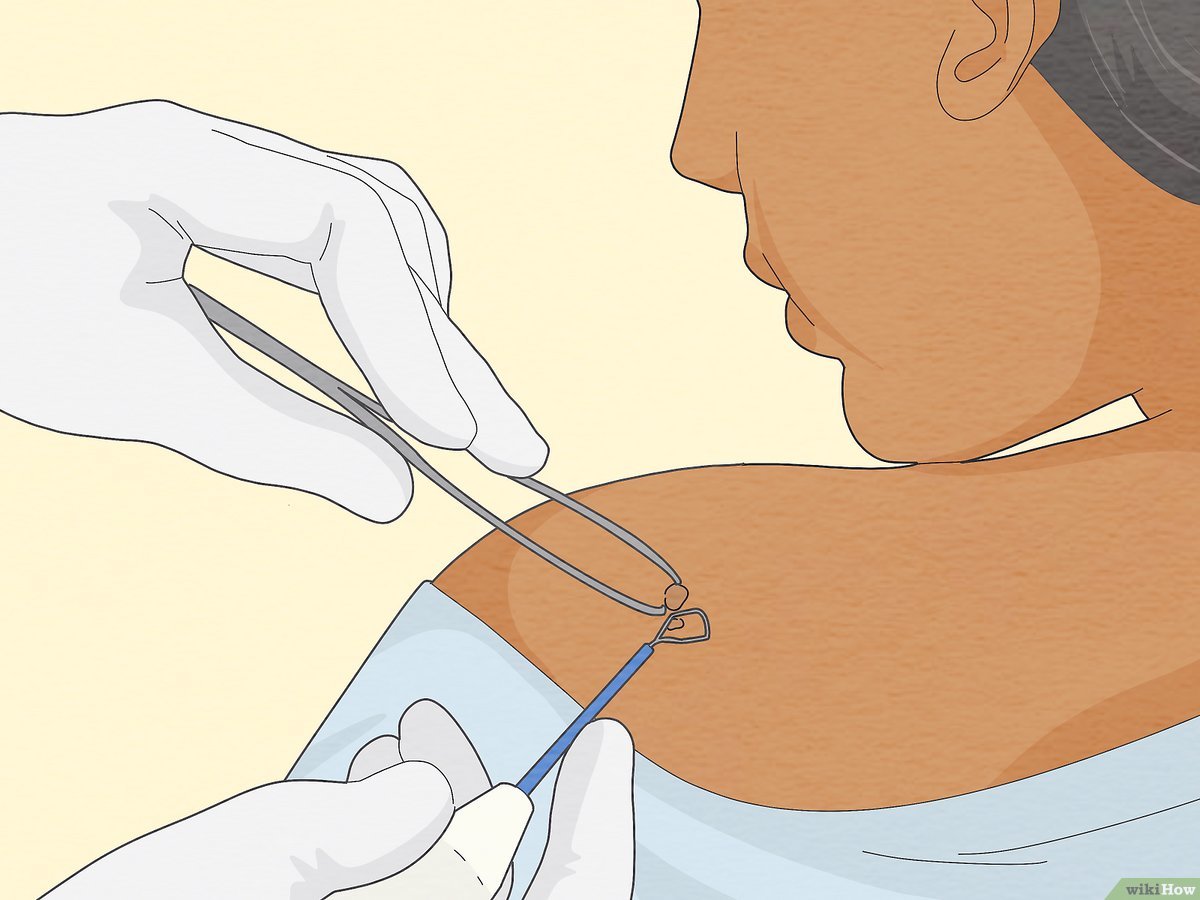
Another common treatment is ‘ligation,’ which involves breaking the skintag’s base with a string such as dental floss. The reduced blood supply eventually causes the skin tag to fall off on its own. The prevention of infection requires regular cleaning.
Step 4: Professional assistance
To get rid of skin tags, some opt for the more natural route. Tea tree oil is often used as a common treatment. After properly disinfecting the area, you can try rubbing a cotton ball soaked in tea tree oil on the skin tag two or three times a day until the growth dries up and falls off. It could take a few weeks for this to finish. Although tea tree oil has a high safety profile, it should be avoided if it causes skin irritation.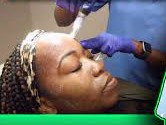
Another common treatment is ‘ligation,’ which involves breaking the skintag’s base with a string such as dental floss. The reduced blood supply eventually causes the skin tag to fall off on its own. The prevention of infection requires regular cleaning.
Conclusion
Remember, while skin tag removal can often be safely performed at home, any uncertainty about the growth’s nature or discomfort during the removal process should prompt a visit to a healthcare professional. Skin is our largest organ, and taking good care of it includes knowing when to seek expert advice.

